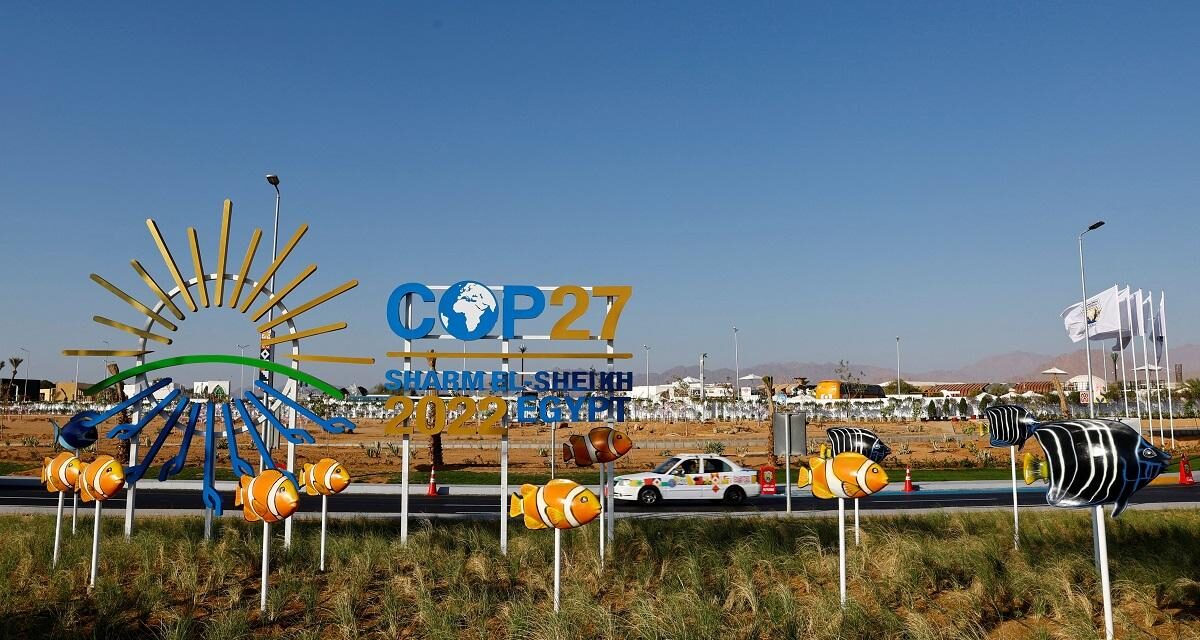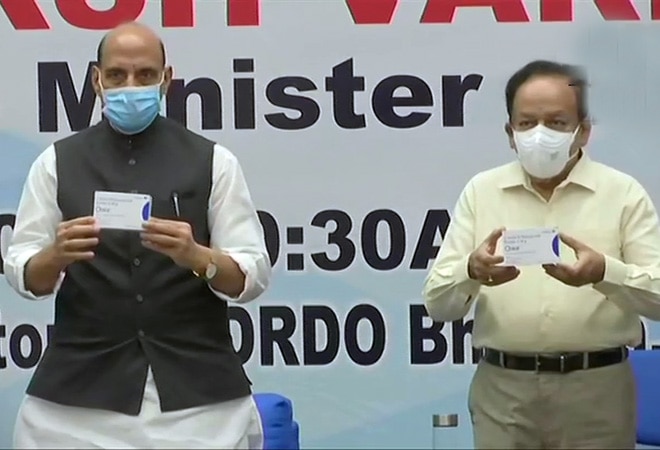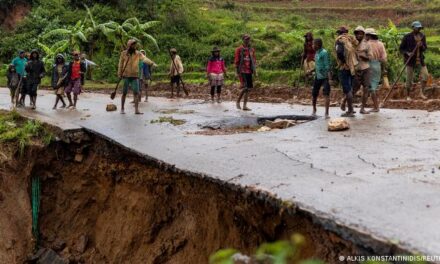On 20 November, the 27th Conference of the Parties to the United Nations Framework Convention on Climate Change (COP27), that took place in the Egyptian coastal city of Sharm el-Sheikh, concluded with a historic decision to establish and operationalise a Loss and Damage (L & D ) fund.
Under the presidency of Egyptian Minister of Foreign Affairs Sameh Shoukry, with more than 90 heads of state and an estimated 35,000 representatives, or delegates, of 190 countries attended this event . It was the first climate summit held in Africa since 2016.
After the November 18 deadline was missed, negotiators were finally able to reach conclusions on various agendas, including a loss and damage facility with a commitment to set up a financial support structure for the most vulnerable by the next COP in 2023 as well as the post-2025 finance goal.
In a video message, the UN Secretary-General António Guterres said, “This COP has taken an important step towards justice. I welcome the decision to establish a loss and damage fund and to operationalize it in the coming period. Clearly, this will not be enough, but it is a much-needed political signal to rebuild broken trust.”
Going into the final session, battle lines were drawn over India’s request to change last year’s agreement that called for a phase down of “unabated coal” to include a phase down of oil and natural gas, two other fossil fuels that produce heat-trapping gases. While European nations and others keep pushing for that language, Saudi Arabia, Russia and Nigeria have been insistent on keeping it out.
“This is how a 30-year-old journey of ours has finally, we hope, found fruition today,” said Pakistan Climate Minister Sherry Rehman, who often took the lead for the world’s poorest nations. One-third of her nation was submerged this summer by a devastating flood and she and other officials used the motto: “What went on in Pakistan will not stay in Pakistan.”
Ireland’s Minister for the Environment Eamon Ryan said: “We need to get a deal on 1.5 degrees. We need strong wording on mitigation and that’s what we’re going to push.”
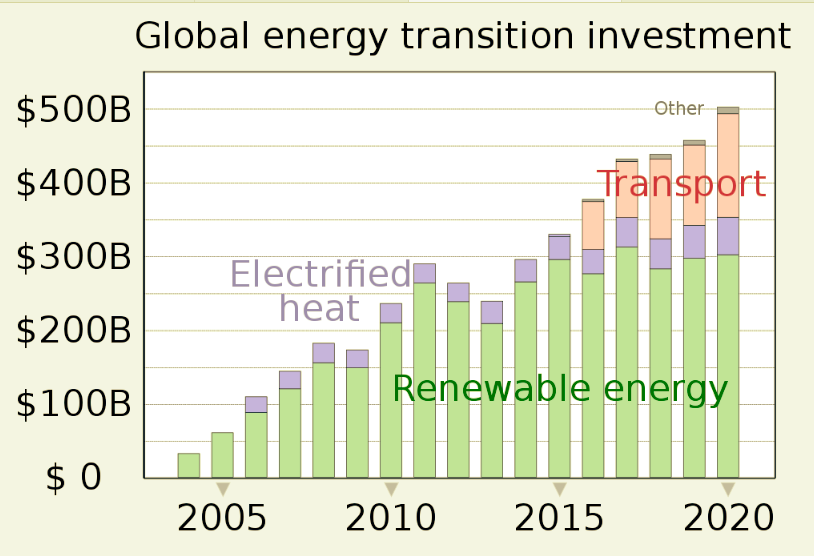
The United States, which in the past has been reluctant to even talk about the issue of loss and damage, “is working to sign on,” said an official close to negotiations.
Still, the attention centered around the compensation fund, which has also been called a justice issue.
“There is an agreement on loss and damage,” Maldives Environment Minister Aminath Shauna told the AP early Saturday afternoon after a meeting with other delegations. “That means for countries like ours we will have the mosaic of solutions that we have been advocating for.”
“We are extremely on overtime. There were some good spirits earlier today. I think more people are more frustrated about the lack of progress,” Norwegian climate change minister Espen Barth Eide told The Associated Press. He said it came down to getting tougher on fossil fuel emissions and retaining the goal of limiting warming to 1.5 degrees Celsius since pre-industrial times as was agreed in last year’s climate summit in Glasgow.
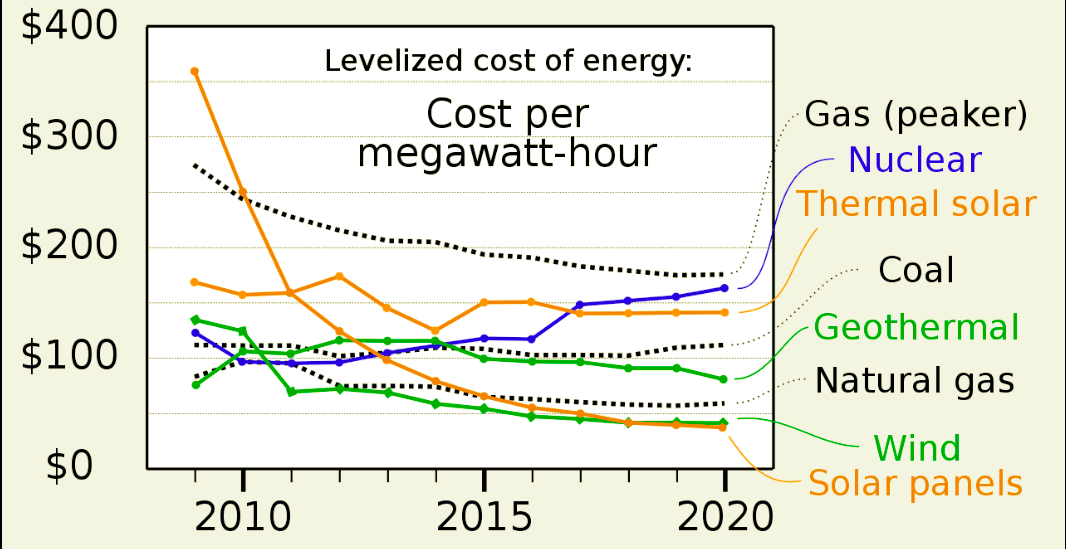
“Some of us are trying to say that we actually have to keep global warming under 1.5 degrees and that requires some action. We have to reduce our use of fossil fuels, for instance,” Eide said. “But there’s a very strong fossil fuel lobby … trying to block any language that we produce. So that’s quite clear.”
What started with the shocking reminder that humanity is on a “highway to climate hell”, the 27th Conference of Parties (COP 27) ended on a positive note with a much-delayed and long-awaited promise of $100 billion a year in climate finance for developing countries was approved however progress on phase out production of fossil fuels ( Coal Oil natural gas ) did not take off
The fund is for assisting developing countries that have contributed very little to the climate crisis and yet are vulnerable to the adverse effects of climate change.
The conference is sponsored by Coca-Cola. Several environmental campaigners suggested this was greenwashing, given the company’s contribution to plastic pollution.
A new web page was opened, showing from where exactly greenhouse gas emissions came from. The map is open to the public. The aim is to provide public with correct information as self-reported information is often unreliable, especially about methane. The data is based on measurements from satellites, and sensors on land and on ships and planes https://climatetrace.org

